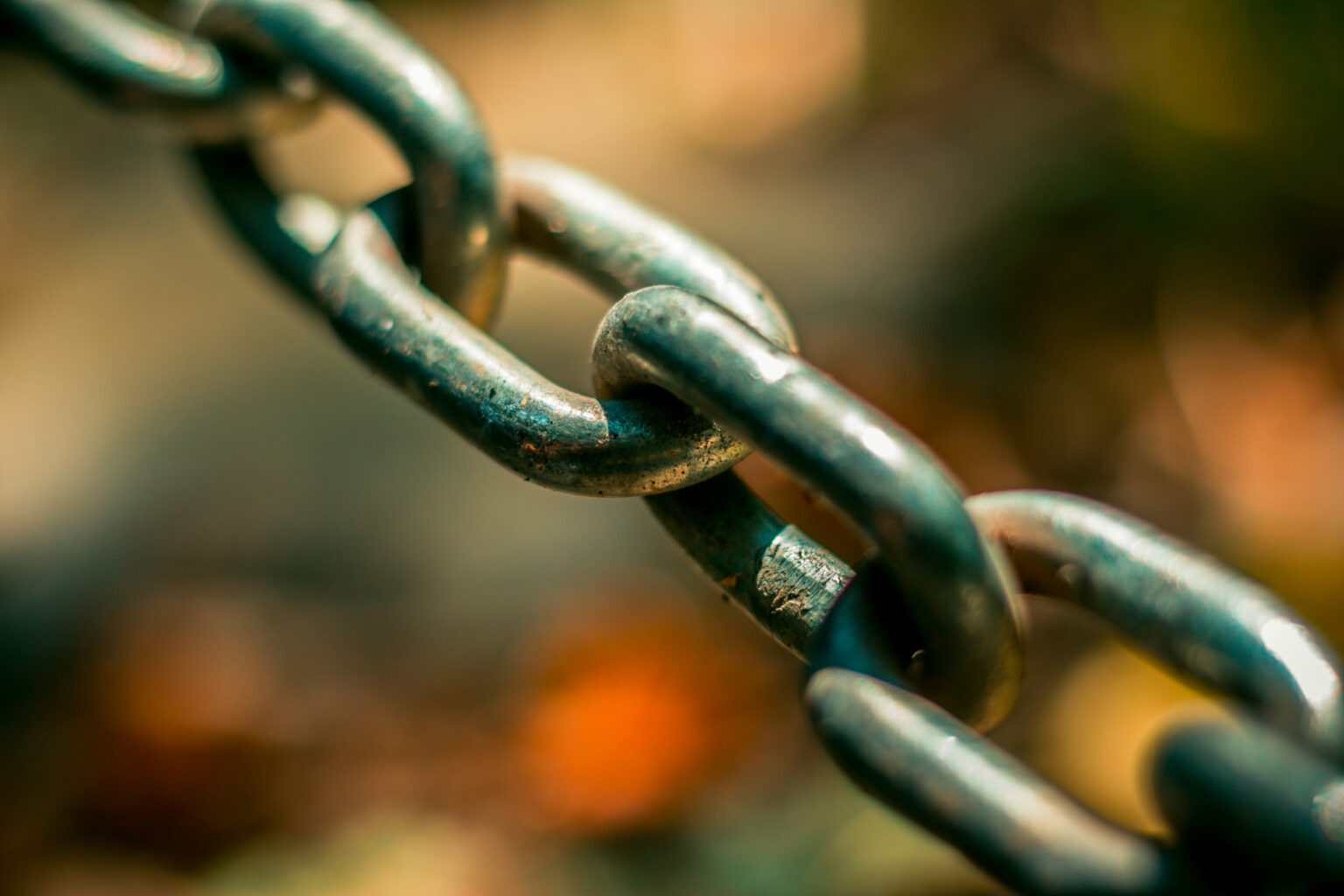EU to ban products made by forced labour
- March 29, 2022
- 10:55 am


Iain Hoey
Share this content
New legislation to ban products made by forced or child labour from entering the European Union (EU) market is “a big step towards promoting safe and secure working environments for all workers”, IOSH says.
The European Commission recently presented its Communication on Decent Work Worldwide, which has the eradication of forced and child labour at its heart. The ban on products made by forced labour is part of its comprehensive approach, with the ‘legislative instrument’ covering goods made inside and outside of the EU.
In announcing this development, the commission said that ‘decent work’ is still not a reality for many people around the world, with 160 million children in child labour and 25 million people facing forced labour.
The development is aligned with the International Labour Organisation’s Global Call to Action for a Human-centred Recovery from the COVID-19 crisis and takes place when the EU is supporting renewed efforts to integrate the right to safe and healthy working conditions into the ILO framework on fundamental principles and rights at work.
Dr Ivan Williams Jimenez, Occupational Safety and Health Policy Specialist for IOSH, said: “This represents an excellent opportunity not only to leverage the UN Sustainable Development Goals–related aim for a world of work where businesses frame their sustainability policies towards decent work principles, but to promote safe and secure working environments for all workers, including migrant workers, in particular women migrants, and those in precarious jobs.
“As forced labour is publicly recognised as the most common form of modern slavery and, in many cases, it affects the most vulnerable and excluded groups in society, IOSH has long demanded that companies tackle and remove forced labour and modern slavery risks from their value chains.”
Jimenez added: “Progress has been slow so far; we know that some countries have passed national and state laws asking the private and public sector to report on modern slavery risks in their supply chains. However, this is a field where there is certainly room for further improvement.”
The European Commission has now invited the European Parliament and the Council to endorse the approach set out in the Communication and to work together on its implementation. More details can be found here.



